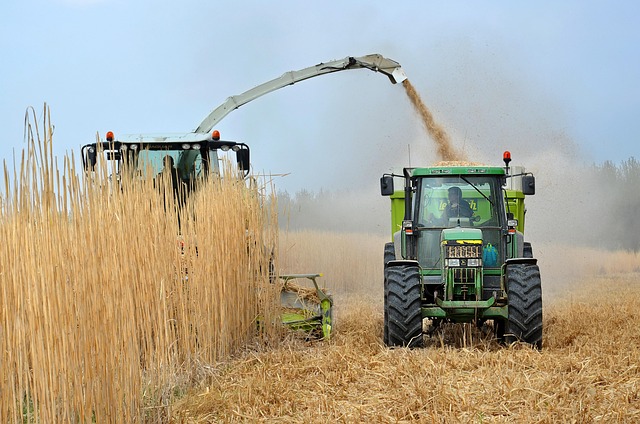Agriculture has always been the backbone of human civilization, but as we face escalating environmental challenges, the need for sustainable practices has never been more pressing. One of the most innovative solutions on the horizon is biofuels, which are not just transforming our energy landscape but are also pivotal in enhancing transport sustainability and driving rural development.
Biofuels, derived from organic materials like crops and waste, offer an eco-friendly alternative to fossil fuels. Their integration into transportation systems significantly reduces greenhouse gas emissions, positioning them as a cornerstone of sustainable transport. Imagine a world where the trucks hauling farm produce across miles are powered by renewable energy sources, effectively reducing the carbon footprint of agriculture. This shift not only helps in combating climate change but also nourishes the very soil from which our food is grown.
In the realm of transport sustainability, the adoption of biofuels paves the way for cleaner, efficient delivery systems. Farmers can utilize biofuels to power their machinery and vehicles, minimizing reliance on expensive imported fuels. This shift alleviates the financial burden on rural communities, making farming not just a way of life but a viable economic venture. As these practices become more widespread, the local economies would flourish, creating jobs and fostering a sense of community. Biofuels can thus serve as a catalyst for rural development, revitalizing areas that have historically struggled with economic stagnation.
Moreover, the cultivation of biofuel crops can provide farmers with an additional source of income. By diversifying their crops to include those suitable for biofuel production, farmers can stabilize their revenue streams and insulate themselves from the volatility of traditional crop markets. This agricultural diversification not only benefits the farmers but also ensures food security for the surrounding regions. Consequently, the embrace of biofuels fosters a circular economy where energy production and food production coexist, ultimately contributing to the well-being of both rural and urban populations.
Furthermore, as technology advances, the efficiency of biofuels continues to improve. Research into second and third-generation biofuels offers the potential for more sustainable practices that require fewer resources and generate lower emissions. As communities adapt to innovative farming techniques aimed at biofuel production, they also strengthen their resilience to climate change. This adaptability is crucial for ensuring long-term sustainability in rural areas, where agriculture often faces the brunt of environmental shifts.
In essence, the power of biofuels extends beyond just a means of fueling vehicles; it embodies a vision for a sustainable future. It unites farmers, consumers, and policymakers in a shared goal of protecting our planet while empowering local communities. As we continue to explore and invest in the transformative potential of biofuels, we pave the way for a more sustainable and equitable agricultural landscape, bridging the gap between energy needs and rural development.




